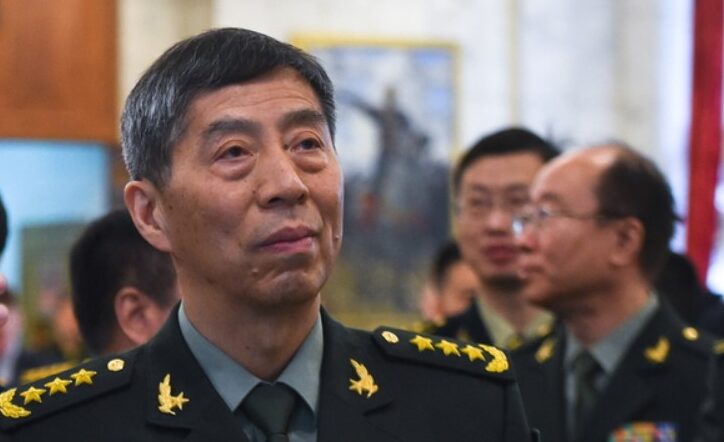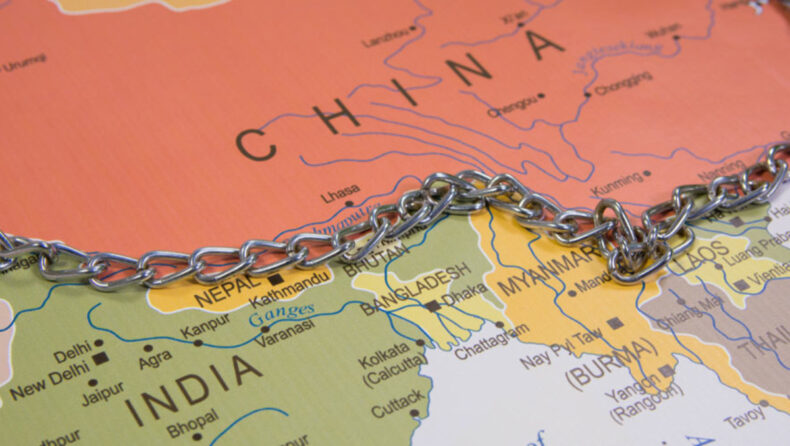China’s defence minister’s mysterious disappearance, the most recent in a series of changes in the country’s highest levels, is fueling doubt about President Xi Jinping’s leadership.
According to experts and diplomats, the world’s second-largest economy’s administration may lose some of its credibility as a result of the increasing volatility.

Table of Contents
Corruption Scam: China’s Administration In Doubts
Defence Minister Li Shangfu is being investigated for corruption in the purchase of military equipment, according to Reuters. He has skipped meetings, even ones with no fewer than one foreign colleague, while he last made an appearance in late August.
In July, the month of a sudden reorganisation of the military’s superior Rocket Force, which is in charge of managing China’s nuclear weapons, the recently appointed foreign minister Qin Gang left without much of a justification.
As China’s supreme commander has turned inward, Xi worried foreign diplomats this month when he missed the first Group of 20 meeting in his ten years in office and went to India instead.
Some diplomats and experts are pushing for a close examination of the genuine character of Xi’s regime in light of the mounting uncertainty. “Clear-eyed evaluations are required,” said Drew Thompson, a former Pentagon officer who is now a researcher at the National University of Singapore. “This is not merely a matter of whether China is an ally or a rival; rather, it is an indicator of economic, political, and military danger.”
Numerous theories were feasible as a result of the alterations’ lack of openness. According to Thompson, “this fuels the confidence dilemma that is forming around China.”
The Li Uprising And Crippling Confidence On the Elites
An inquiry for clarification on Saturday went unaddressed by the Chinese Foreign Ministry.
A spokesperson for the ministry informed reporters on Friday that she was unaware of the circumstances behind Defence Minister Li’s abduction and probe. Pleas for reaction from the State Council and the Defence Ministry went unanswered.
Li has served as the public image of China’s growing military engagement since his appointment in March. He expressed disapproval of U.S. military actions at a prominent security conference in June and paid visits to Russia and Belarus in August.
He was scheduled to hold a conference on global security in Beijing in October and serve as the People’s Liberation Army (PLA) at a gathering of regional defence ministers in Jakarta in November.
Since China’s military and state institutions have long been rife with corruption, some observers and diplomats think Xi’s anti-corruption crackdowns herald political elimination inside the Communist Party.
Irrespective of the cause, Helena Legarda, principal analyst at the Mercator Institute for China Studies in Berlin, warned that the perception that this may continue to occur would affect international players’ trust in cooperating with their Chinese counterparts. The Li uprising is remarkable in that it happened quickly and affected Xi’s carefully selected elites.
“Everything is so abrupt and hazy. We can clearly see, for example, that in Xi’s universe, closeness does not always translate into favouritism, according to Singapore-based security expert Alexander Neill, an adjunct fellow at Hawaii’s Pacific Forum think tank.
Soaring Global Conflict And Volatile Internal Crisis
Li is one of China’s five state councillors, a post that is more powerful than a typical minister, and acts on Xi’s seven-person Central Military Commission, albeit he is not in an official command role. Some academics think he is acquainted with General Zhang Youxia, who is Xi’s closest comrade in the PLA and serves above him on the commission.
Li avoided a discussion with U.S. Defence Secretary Lloyd Austin at Singapore’s Shangri-La Dialogue security conference in June, where a handshake represented their closest engagement. Li was sanctioned by Washington in 2018 over a weapons transaction with Russia.
As conflicts in the region soar, Austin and other U.S. officials are eager to restart high-level discussions amid the two forces. Beijing, though, responds that it wants Washington to tone down its assertiveness in the Asia-Pacific.
As China rapidly posts forces around Taiwan, the democratically-governed island it asserts, and throughout contested sections of the East and South China Seas, regional envoys suspect deeper Chinese military diplomacy is essential, notably with the U.S. in addition with other nations.
If Li’s demise “demonstrates Xi’s growing internal attention, it is not beneficial to those of us who seek more transparency and lines of communications with China’s military,” said one Asian diplomat, it is not acceptable.
According to political scientist Ja Ian Chong of the National University of Singapore, the latest fast adjustments back in Beijing drive suspicion and some apprehension about the continuation of policy” because the PLA has an unprecedented number of combat engagements with Southeast Asian troops this year.
Given the increased PLA activity near Taiwan and the East China Sea, as well as increased paramilitary activity in the South China Sea, Chong said, “A shake-up of the military at this time ought to attract attention since such manoeuvres generate the possibility of catastrophes, escalation, and crises.”













